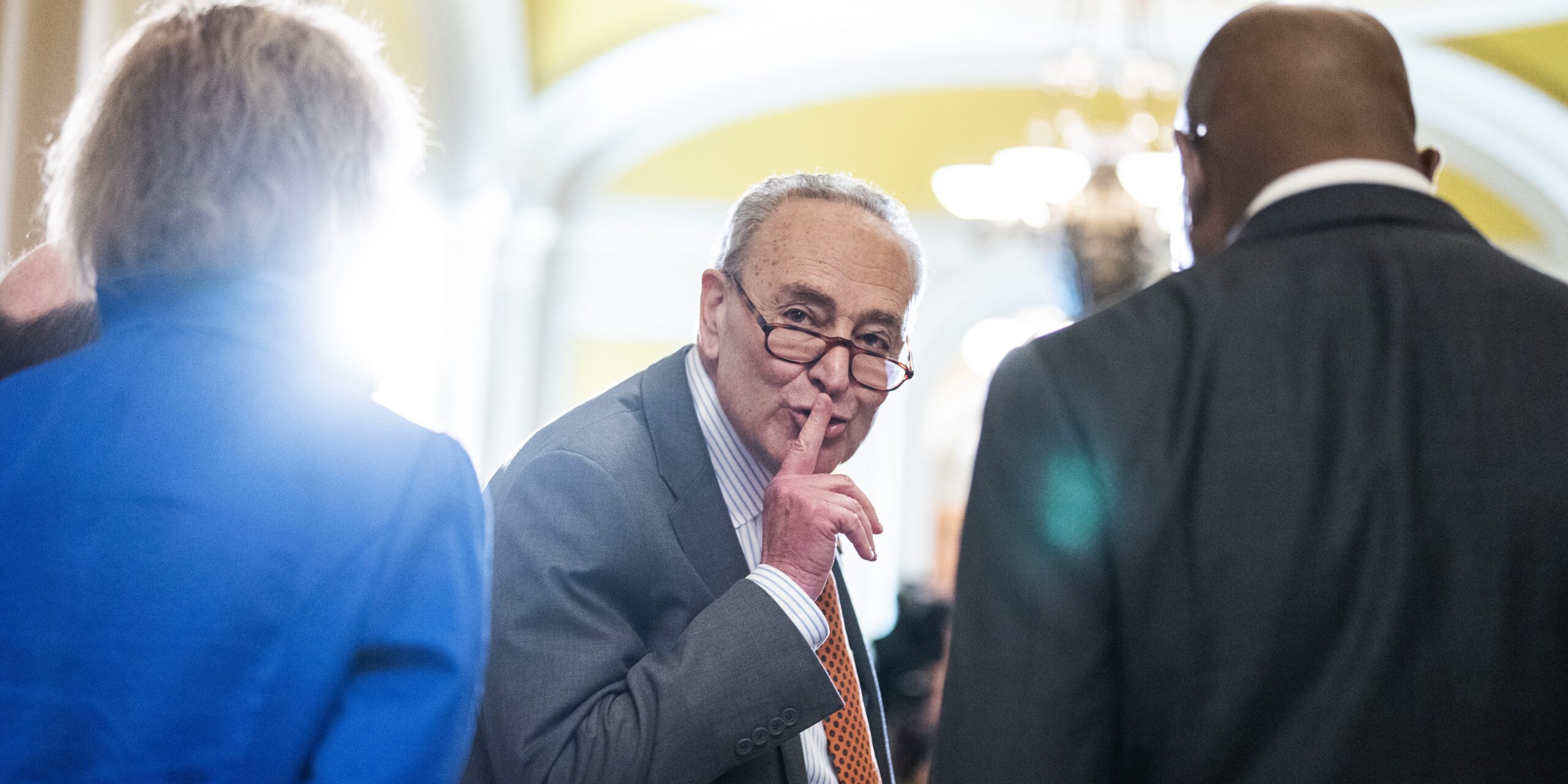**Democratic Leaders Accused of Subtle Support for Trump’s Potential Conflict with Iran**
As tensions between the United States and Iran escalate, some Democratic Party leaders are facing criticism for their perceived passive support or explicit backing of a potential military conflict spearheaded by former President Donald Trump. While a faction within the Democratic Party is vocally opposing military intervention, key figures remain conspicuously silent or appear to align with aggressive policies.
The debate over U.S. military involvement in Iran has resurfaced, with several Democratic leaders accused of enabling or tacitly endorsing initiatives that could lead to war. Despite calls for diplomacy and restraint from anti-war activists and some progressive politicians, longstanding internal party divisions on foreign policy persist.
Among the supporters of a more assertive stance, House Minority Leader Hakeem Jeffries and Senate Majority Leader Chuck Schumer have drawn particular attention. Critics argue that their lack of vocal opposition to Trump’s aggressive posturing suggests acquiescence. An unnamed congressional aide commented, “Silence is complicity. The leadership’s muted response is a quiet green light for conflict.”
Representative Gregory Meeks, the chair of the House Foreign Affairs Committee, has also been scrutinized for his limited criticism of potential military action. Sources from within the committee hint at a cautious balancing act, with Meeks reportedly wary of confronting party leadership while attempting to maintain diplomatic ties.
Amid these internal tensions, progressive Democrats, including Senator Bernie Sanders and Representatives Ilhan Omar and Alexandria Ocasio-Cortez, continue to rally support against military intervention. They argue that diplomatic channels remain underutilized and stress the devastating consequences of war.
“The Democratic leadership must choose between the interests of peace and the allure of militaristic rhetoric,” Sanders stated in a recent press briefing. “Our constituents deserve to know where we stand.”
The discord within the Democratic Party highlights a recurrent theme in American politics: the struggle between interventionist approaches and anti-war advocacy. As the situation with Iran unfolds, the coming weeks are expected to reveal more about the party’s stance and the potential impact on U.S. foreign policy.
Source: theintercept.com

